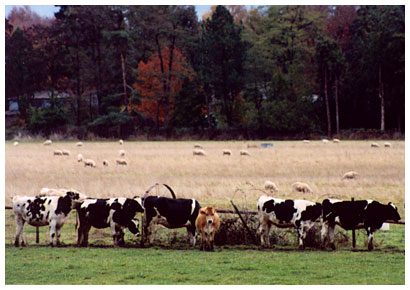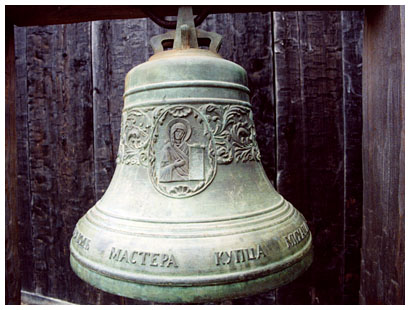
I recently read a great book called
Moral Politics by George Lakoff that I've been hearing about for a while. I finally picked it up after reading
this interview with him about framing political issues. Lakoff isn't a pundit—he's a professor of Linguistics—so it's not a typical political book. He blames the American political divide on competing metaphors for family. He explains that many of our "common sense" beliefs stem subconsciously from the way we categorize the world. Conservatives, he argues, have a "Strict Father" model of the family that they map onto the government and how it should act. Liberals have a "Nurturant Parent" model that they map onto the government. He lays out these two major metaphors (and variants) in detail, and shows how those metaphors can explain all of the positions held by prototypical liberals and conservatives. It's ambitious, and it made perfect sense to me as he described his theory in detail—then applied it to current events (well, current as of 1996 but still very relevant). This isn't a book for other linguistics professors—and there isn't much linguistics theory here. It's written with a general audience in mind, after Lakoff did the research. (In fact, I wish he would have described linguistic theory and his research in more detail.)
Liberals and conservatives are buying up books by
Michael Moore or
Ann Coulter that reinforce their beliefs. I've read the latest
Al Franken book, and there's something cathartic about it. But these books don't explain
why we have polarized political views in America, and
Moral Politics has a very interesting "unified theory of American politics" that attempts to answer that question. I think understanding the competing metaphors and morals involved with politics will help people fight more effectively for what they believe.












